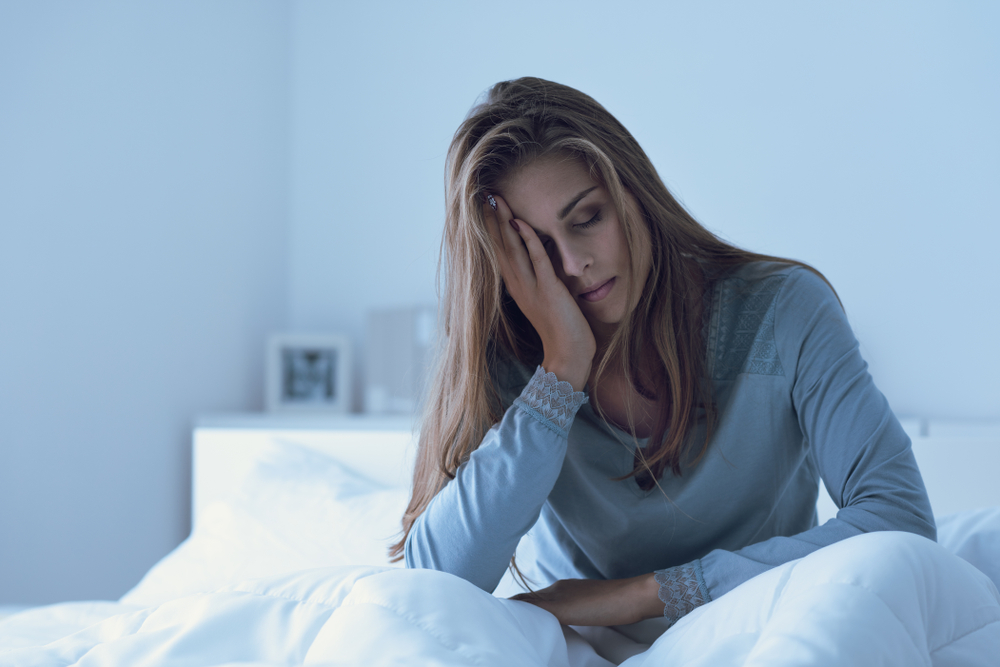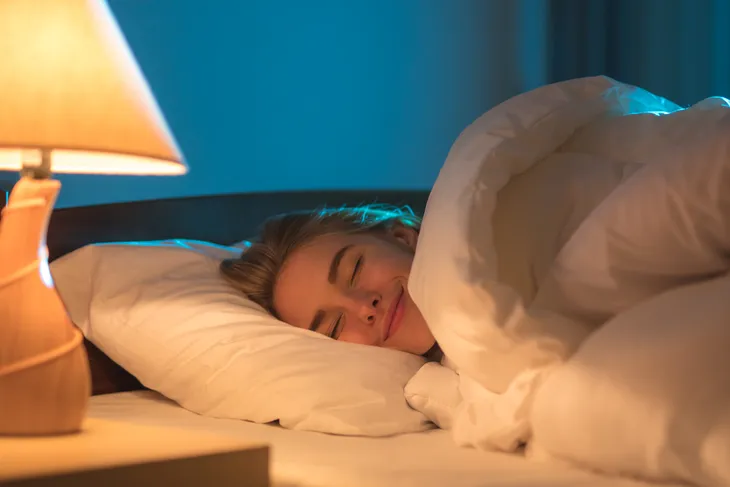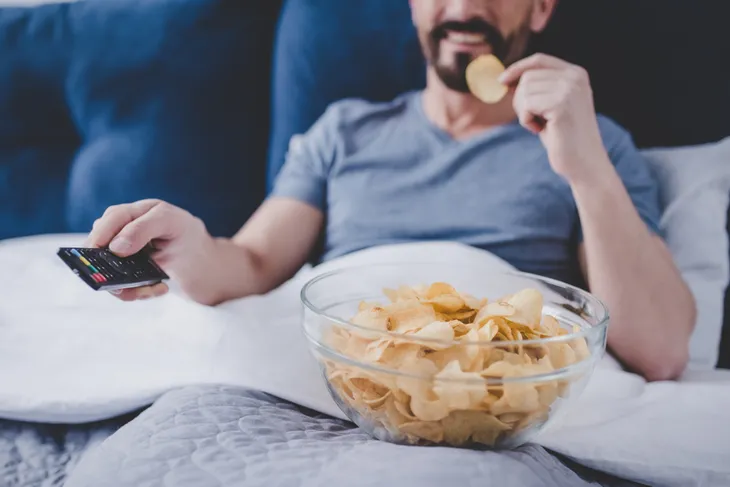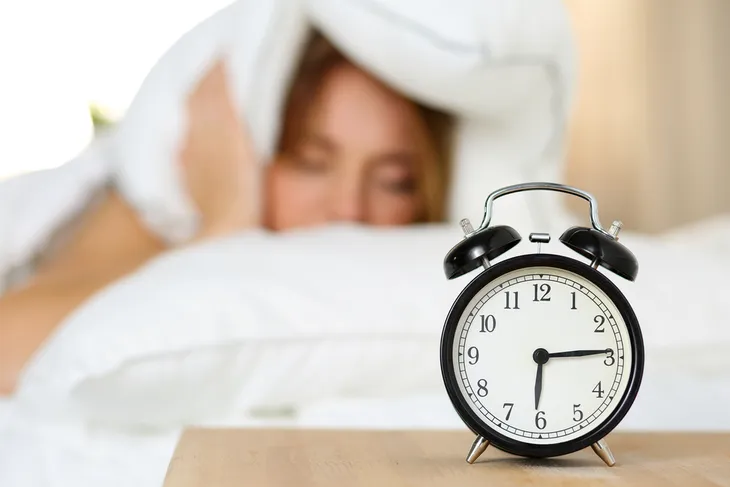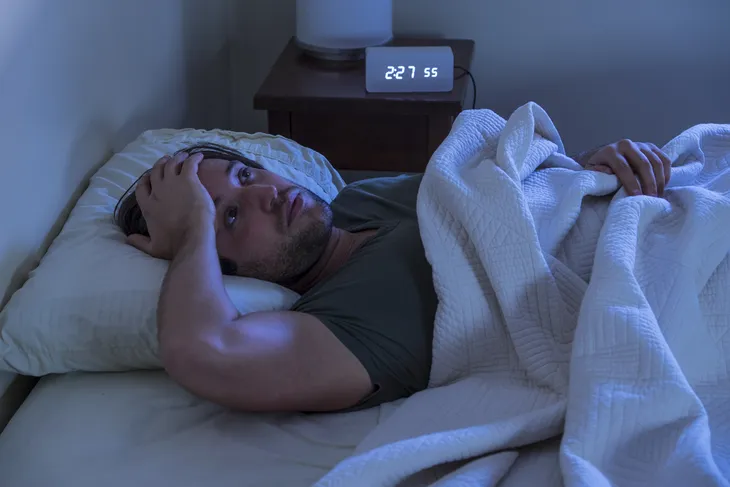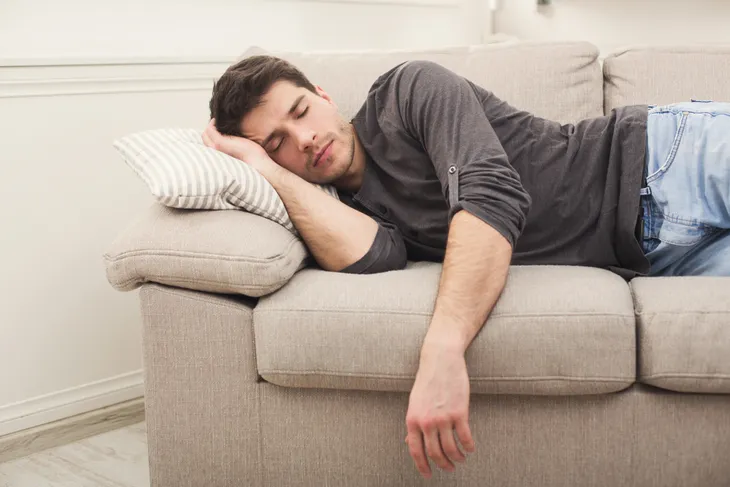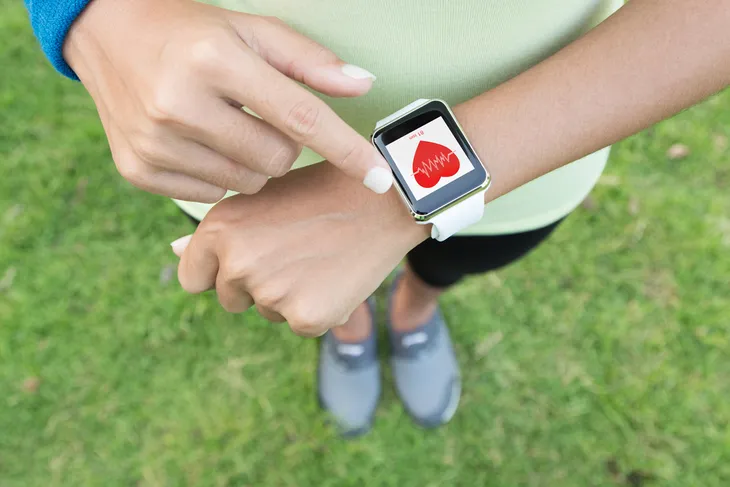There are few health issues more frustrating than insomnia, or the inability to easily fall and stay asleep. It affects millions of people in the United States and appears to be a growing problem. There are a number of causes, some of which have emerged or worsened in recent years.
The good news is that there are a number of simple steps you can take to help increase the number of hours you sleep each night. Even better; many of these steps don’t require medication, meaning they can be implemented without cost or the need to visit a medical professional…
Stick to a Schedule
Many insomnia sufferers have one thing in common: they go to bed at a different time every night. This is a typical problem, as many of us have schedules that fluctuate based on our work and social schedules. Unfortunately, this can wreak havoc on our sleep.
If possible, go to bed at the same time every night and get out of bed at the same time every morning. It doesn’t really matter what time, just make an effort to be as consistent as possible.
Don’t Sleep Where You Eat, Watch, or Play
Many people who struggle to get to sleep at night admit that they do more than just sleep in their bedrooms. Many people watch television, listen to music, read books, or even eat meals while in bed. (Avoid these Foods That Disrupt Sleep and Cause Bad Dreams).
That’s a bad idea for one important reason: your brain will begin to associate the bedroom with all of those other functions rather than sleeping. Keep your bedroom to just one or two functions and try doing those other things in the kitchen or living room.
Manage Stress Better
Stress affects everyone. Some people deal with more stress and some people are better at handling stress. But there’s no denying that we all have to deal with stress in one form or another at some point in our lives and this can prevent us from getting to and staying asleep.
To help with this, take some time to evaluate the sources of your stress. Write down the issues that are bothering you and, potentially, keeping you up at night. There’s a good chance that this exercise will reveal that the stress is greater than the actual problem.
Hide the Clock
When you’re tossing and turning at night, it’s hard to ignore the clock and not obsess over how much time you’ve been awake and how long you have until it’s time to get up. This obsession can only intensify the insomnia and decrease your chances of falling and staying asleep.
That’s why it’s a good idea to hide the clock at night or remove it from the bedroom altogether. Program your cellphone to wake you up and then tuck it away for the night.
Get Up If You Can’t Sleep
Don’t just toss and turn if you wake up in the night or have trouble falling asleep. Get up and do something relatively monotonous, like reading a technical book. Try to avoid looking at screens, like tablets or smartphones, and keep the television off.
Only go to bed when you really feel like you’ll fall asleep. When you get up, go to another room rather than staying in the bedroom. Remember, keep the bedroom reserved for sleep and let other rooms function in different ways.
Avoid Naps Late in the Day
Many people struggle to get to sleep at night after taking a nap late in the day. The reason is simple: the brain thinks that it’s already gotten the rest it needs, when in reality the nap probably lasted less than an hour.
If you simply must nap (and let’s face it, that’s what weekends are all about) try to take it before 3pm. That should give your brain enough time to realize that it will need sleep later in the evening.
Cut Back On The Caffeine
This is a pretty obvious one: if you’re having trouble getting to sleep at night, cut back on your consumption of caffeinated beverages like coffee and tea. This is especially important late in the day, such as after dinner.
Keep in mind that there are many beverages that contain caffeine, including energy drinks and many sodas. Try drinking only water or decaffeinated tea before bed.
Limit Drinking Fluids Before Bed
Ever gotten up in the middle of the night to use the washroom only to toss and turn once you returned to bed? It’s a common scenario for people struggling with insomnia.
The solution, of course, is to try and limit the amount of fluid in your body before bed. That means trying to limit the number of drinks of any beverage within a few hours of hitting the hay.
Exercise Regularly
In order to sleep soundly at night, your mind and body need to feel that rest is necessary. You can help this process along by giving both a reason to feel tired: get some exercise.
Exercising regularly can help convince your mind and body that it needs to shut down and recover. That means getting at least 20- to 30-minutes of fairly intense exercise once a day. If you have a medical condition that makes getting intense exercise difficult, try spending more time doing a moderate activity.
Avoid Eating Large Meals Before Bed
Dieticians and personal trainers will tell you to avoid eating right before bed because it can lead to weight gain. But there are other reasons to avoid eating very late in the day. Firstly, it can prevent us from getting to sleep easily.
The problem is that eating causes our body to go to work. The digestion process causes many parts of the body to activate and this can prevent us from relaxing and going to sleep. It’s especially important to avoid sweet foods that can cause our blood sugar levels to spike and give us a boost of energy at precisely the wrong time.
